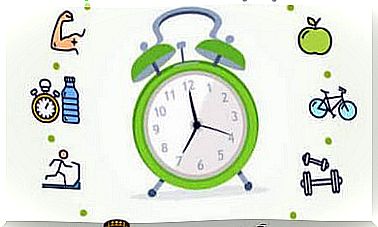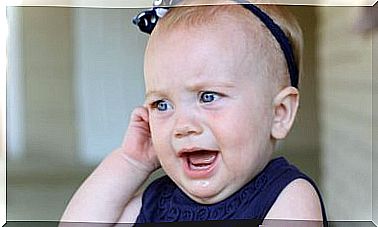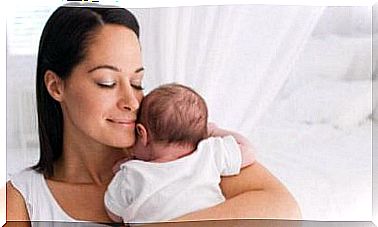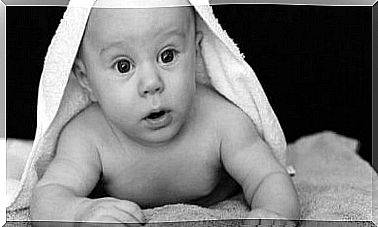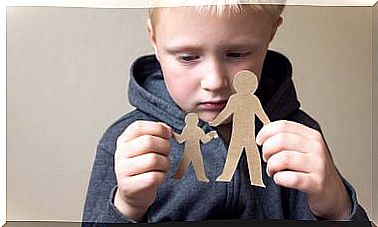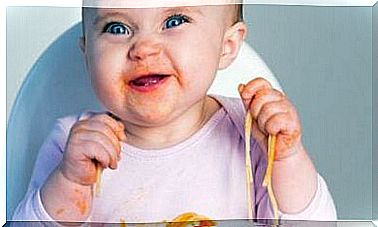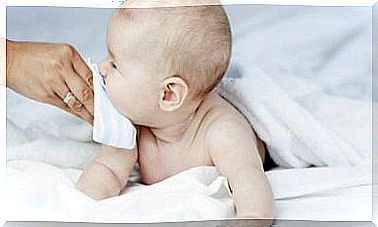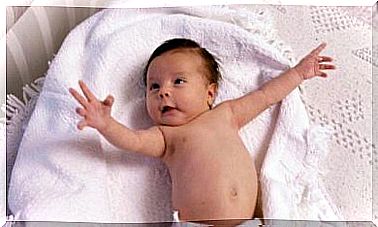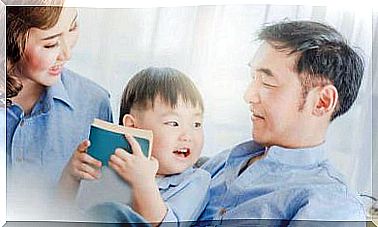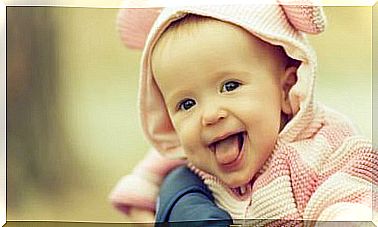How To Identify Toxic Parents?
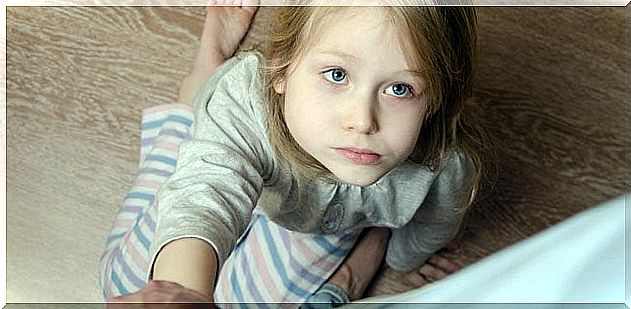
Parenting is a demanding task, and as parents we often wonder if we are doing well, instead of stopping to think about whether all the things we do are certainly done for the happiness of the children. In this situation, so-called toxic parents often emerge.
Toxic parents believe they are helping and protecting their children, but are actually causing them harm unnoticed.
From the moment we become parents, our only concern is the well-being of the child. We want to offer the child opportunities that we ourselves did not have. Often a child does not realize how difficult and laborious this is.
Sometimes, on the other hand, we are too serious and strict, which is also not good for the child. In the same way, it is detrimental that we always put our own needs ahead of the needs of children, or that we want children to act of their own accord in any situation.
How then do you identify toxic parents?
Different types of toxic parents
Helicopter parents
Helicopter parents overprotect their children, solve all their problems, and do chores for them. For example, they can talk to children’s teachers or choose children’s friends for them.
This can cause the child to experience anxiety and stress disorders. Living with overprotective parents slows the child’s development into independence and makes it difficult to face different social situations.
Competitive parents
These toxic parents pile their own feelings of frustration and desire on the necks of children.
They are often authoritarian people who demand good grades from their children in all school subjects, even if it would require several hours of hard work. In most cases, parents do not ask their children what they themselves want.
Such methods raise children from competitive adults who are likely to have problems managing stress. As adults, these children often have low self-esteem and a great need to experience acceptance and recognition.
Marshmallows
At first glance, these parents appear to be stereotypical perfect parents. They are tolerant, generous, and content with themselves.
Marshmallow parents set little boundaries, and allow children to follow and carry out every whim and whim. In their view, this makes children happy, when in reality this is how selfish and unreliable adults are raised.
Many of these parents have received a strict upbringing and lived with disciplined parents. Another option is for parents to be much away from home and try to make up for their absence with gifts and excessive freedom.
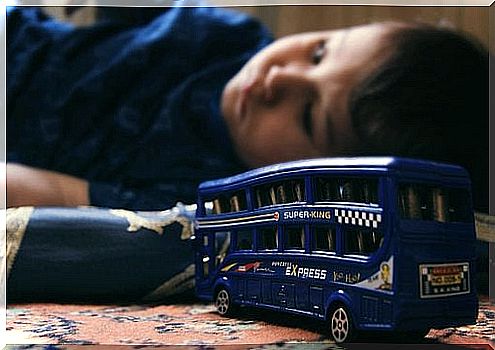
Manipulators
These parents want their children to act according to their will by any means. They often resort to blackmail, mental – and sometimes physical – violence and manipulation.
The children of these parents often have an inferiority complex and they feel guilty about things. They become victims, and they may lie or distort things in their own interest. Their hallmark is selfishness.
Absent parents
As the name implies, these parents have little presence in the lives of their children. Absence may be due to , for example, work or the termination of a parental relationship.
In these cases, the children feel abandoned and lack important mental support. Many of them experience a feeling of anger or lavish admiration for their parent.
Toxic parents of this type do not consider their children as a top priority.
Boyfriends
These types of parents try to be their children’s best friends. Just like marshmallow parents, buddy parents don’t set boundaries for their children, thinking the children will love them more that way. They often use expressions that others consider childish. They can behave inappropriately and be too permissive.
Parents also behave this way in front of their children’s friends. Because of this, the child is often embarrassed and embarrassed.
Because of their attitude, fellow parents are not taken seriously. They are not perceived as authorities and awe-inspiring figures. This in turn creates alienation between parents and children.
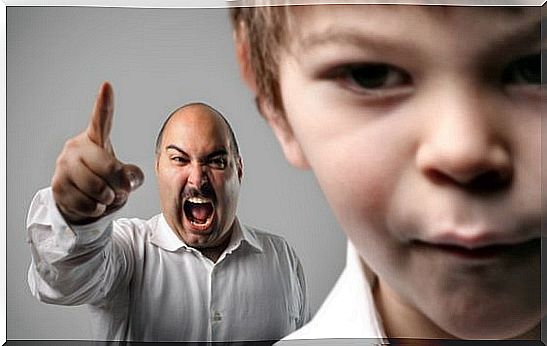
Are there solutions to these parenting styles?
If you identified yourself with any of the parenting and parenting practices we listed, it’s not too late to change your own behavior. It is pointless to punish oneself, and one should not feel guilty. The most important thing is to be aware of the problem.
We may be toxic to parents when we want the best for our children. However, not everything we imagine is good for the child.
A child lives a childhood only once, for a limited time, and he or she must spend it with his or her parents. No matter how many father or mother figures a child has, the parent is always the child’s main point of reference and frame of reference.
The parent must consider the needs of the child in all situations and show as much empathy as possible. No one knows a child better than his or her own parents.
It should not be forgotten that children are also people with their own fears, desires and feelings, which are just as important as the needs of adults. They should be respected and valued because childhood defines the rest of a person’s life.
